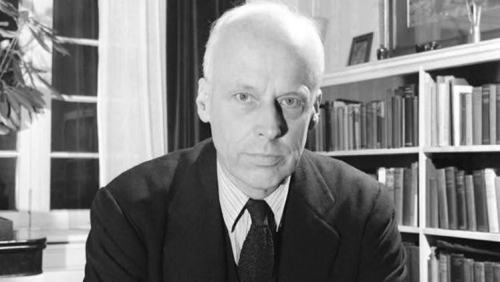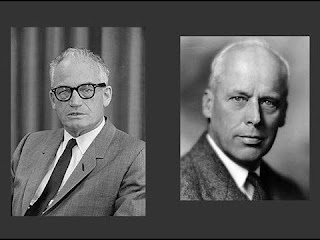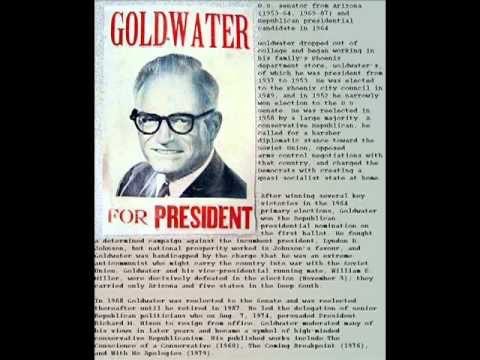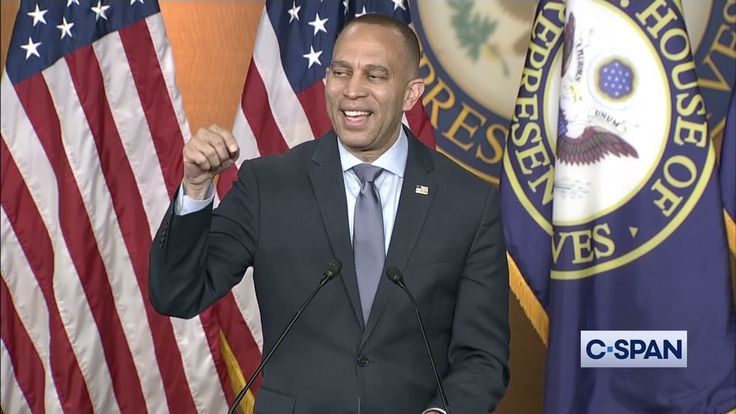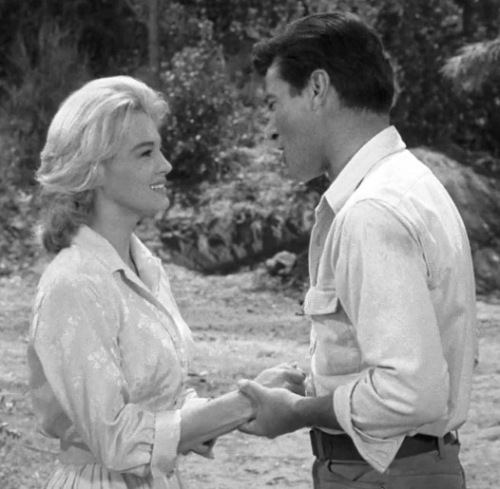
Source:Classic Film and TV Cafe– Angie Dickinson and Efrem Zimbalist.
Source:The Daily Review
“As a fan of courtroom dramas and films about political intrigue, I was particularly pleased to discover A Fever in the Blood on Warner Archive’s streaming service. Co-written by Roy Huggins (Maverick, The Fugitive), this 1961 feature examines the impact of a sensationalistic murder trial on a gubernatorial race. Thus, we get all the usual courtroom theatrics, plus behind-the-scenes political machinations.”
You can read the rest at Classic Film and TV Cafe
“Angie Dickinson, Efrem Zimbalist, Jr., and Don Ameche star in this intriguing mix of politics and courtroom drama. Ameche is a senator, Zimbalist a judge, and Jack Kelly an ambitious D.A.–and they all want to secure their party’s nomination for governor.”
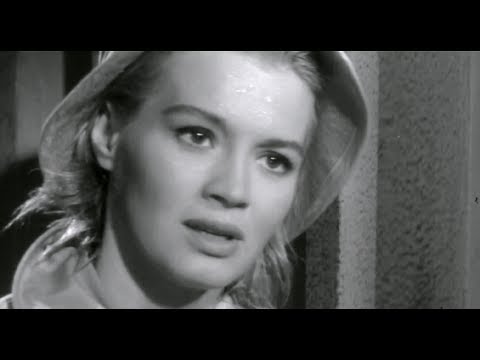
Source:Classic Film and TV Cafe– Angie Dickinson.
A Fever in The Blood is a picture of courtroom drama and political cinema, intrigue, and ambition. You have three powerful influential ambitious men who want to be the next governor of their state, which is never named in the movie. A sitting city judge, (played by Efrem Zimbalist) a district attorney, (played by Jack Kelly) and a sitting U.S. Senator. (Played by Don Ameche) And while all of this is going on you have high profile murder case involving a successful local businessman and his separated dead wife. With the husband being accused of the crime.
And you also have the adorable, gorgeous, and sexy Angie Dickinson, who has a smaller but very important character in the movie as the wife of Senator Alex Simon (played by Don Ameche) who is more interested in Judge Leland Hoffman (played by Efrem Zimbalist) and sees her husband as too power hungry and ambitious, as well as somewhat shady. I mean the cast and characters alone should get you interested in this movie. Unless you just hate courtroom dramas and fictional political films.
You have this local murder case in an unknown city with the District Attorney Dan Callahan (played by Jack Kelly) deciding to prosecute the case himself instead of assigning the case to one his top deputies. Because again Callahan wants to be governor of this mysterious state that will go nameless simply because it is never announced what state this movie takes place in. You have Judge Leland Hoffman who only gets this case assigned to him because he does his own wheeling and dealing ( I hate that expression) And Senator Alex Simon who is probably the favorite going into to win his unknown party’s nomination for governor, but knows this murder case could be the boost that his top two opponents need to win the nomination. And actually ends up bribing Judge Hoffman in the Judge’s office to let the case go.
There’s a lot of backroom inside politics in this movie. That any great high profile drama has. The movie is also over two-hours but more than worth the time to watch it. Especially if you just like seeing Angie Dickinson in a great movie and she’s had several. Not a movie for people simply looking for romantic comedies and softball humor. There’s a good deal of humor in this movie, but a lot of that involves Don Ameche, as well as how Jack Kelly and Efrem Zimbalist in the courtroom. With the District Attorney accusing the Judge of ruling against him for political reasons. Great movie for political junkies such as myself but also for people who like courtroom dramas and even soap operas.
